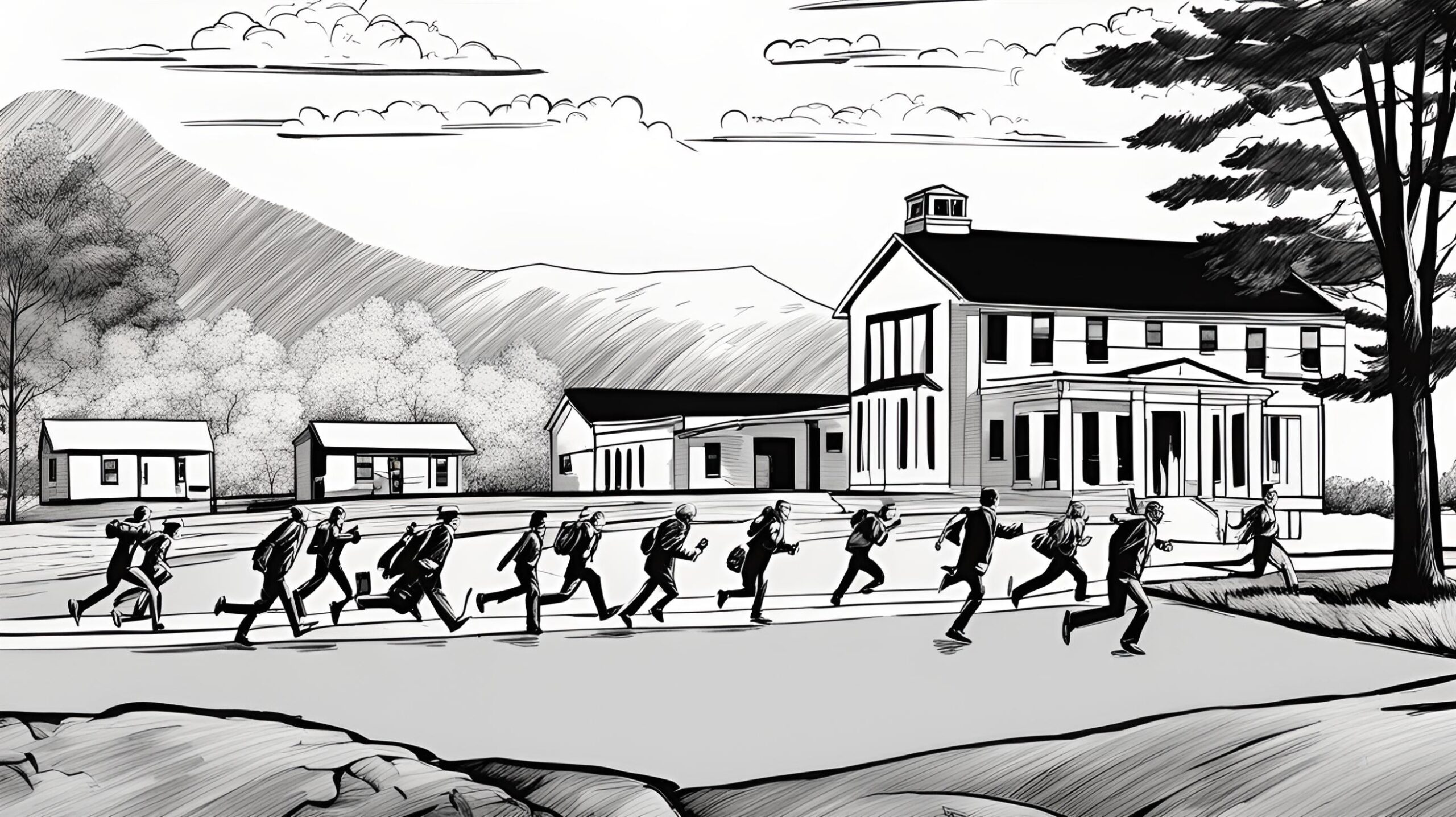Flashback to January 16
American History

On April 22, 1889, history was made as thousands of eager individuals rushed to claim land in what is now known as the Land Run of 1889. At high noon, a mass of people set off on a race to secure their piece of the territory, resulting in the formation of two booming cities – Oklahoma City and Guthrie – with populations of at least 10,000 within just a few hours.
The Land Run of 1889 was a significant event that marked the opening of unassigned lands in the Indian Territory, specifically in what is now the state of Oklahoma. This event was prompted by the passing of the Indian Appropriations Act of 1889, which aimed to dissolve tribal governments and open up the land for public settlement. It was a pivotal moment in American history, with thousands of hopeful settlers seeking new opportunities in a land of vast resources and potential.
At noon on that fateful day, a signal shot rang out, cueing the participants to rush forward and stake their claims on the available land. The scene was chaotic and frenzied, as people on foot, horseback, and even in wagons raced to secure their desired plots. The open land was transformed into a scene of excitement and uncertainty, as individuals scrambled to mark their territories with stakes, tents, or any available markers.
Oklahoma City quickly emerged as a direct result of the Land Run of 1889. In a matter of hours, a small settlement transformed into a bustling city with a population exceeding 10,000 residents. This rapid growth was fueled by the arrival of hopeful settlers, who saw the untapped potential of the land and sought to capitalize on the opportunities it offered. Oklahoma City became the state capital in 1910 and has since grown into a significant metropolitan area.
Similarly, Guthrie experienced an explosive population growth during the Land Run of 1889. Within hours, the city’s population eclipsed the 10,000 mark, making it another prosperous settlement to emerge from the chaotic event. Guthrie briefly served as the capital of the Oklahoma Territory before the title was passed to Oklahoma City. Although it eventually lost its capital status, Guthrie retains its historical charm and is now a destination for history enthusiasts.
The Land Run of 1889 had far-reaching implications beyond the immediate formation of these two significant cities. It opened up vast areas of land for agriculture, attracting farmers to the region and contributing to the growth of Oklahoma’s economy. It also led to the diversification of industries, with the discovery of natural resources such as oil and gas, further transforming the state’s economic landscape.
To this day, the Land Run of 1889 is commemorated and celebrated in Oklahoma. Reenactments and events pay tribute to the thousands of brave souls who endured the hardships and uncertainties of the time. The land rushes of this era are a testament to the pioneering spirit that shaped the American West and continue to inspire generations.
the Land Run of 1889 was a pivotal event that shaped the development of Oklahoma. By noon on April 22nd, thousands of settlers had rushed to claim their plots, resulting in the formation of two major cities – Oklahoma City and Guthrie – with populations exceeding 10,000 residents. This event marked the beginning of rapid growth and economic prosperity in the region, setting the stage for the creation of modern-day Oklahoma. The Land Run remains a significant part of the state’s history and serves as a reminder of the determination and resilience of its early settlers.
We strive for accuracy. If you see something that doesn't look right, click here to contact us!
Sponsored Content

A student shoots six…
A tragic incident unfolded…

Protestant gunmen shoot and…
On 1/16/1981, Bernadette Devlin…

Color organ (for light…
On January 16, 1877,…

